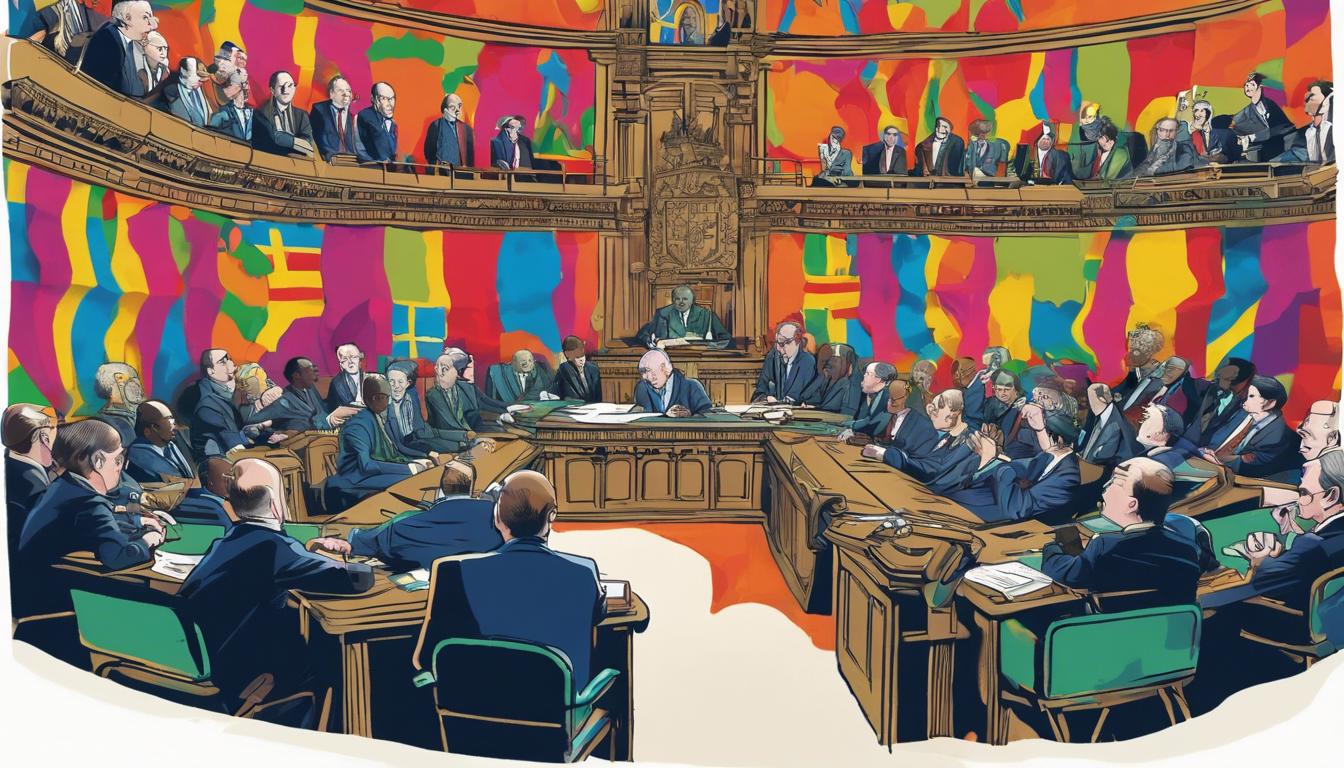The proposal to deport asylum seekers to Rwanda faces significant opposition and legal challenges in the UK Parliament, leading to a legislative standoff between the House of Commons and the House of Lords.
The UK Parliament is currently embroiled in a legislative dispute over the government’s plan to deport asylum seekers to Rwanda. The proposed law aims to classify Rwanda as a safe destination for refugees, specifically targeting those arriving by small boats. This has precipitated a deadlock as Members of Parliament (MPs) have now twice rejected amendments proposed by the House of Lords concerning the scheme’s legality and the assurances regarding Rwanda’s safety for refugees.
In its recent session, the House of Commons dismissed six amendments from the Lords, which questioned both the domestic and international legal standings of the bill, as well as the long-term safety of Rwanda as a host country. The bill is consequently set to return to the Lords, extending the legislative standoff.
The government, led by the Conservative Party, is pressing to initiate deportation flights to Rwanda in an effort to stem the flow of Channel crossings. However, opposition, notably from the Labour Party’s shadow immigration minister, has labelled the policy as both “unworkable” and “unlawful.” This disagreement underscores the divergent perspectives held within the two parliamentary chambers on how to effectively and legally manage immigration and the issue of asylum seekers in the UK.
This ongoing legislative “ping-pong” between the House of Commons and the House of Lords continues to delay the implementation of the deportation scheme while reflecting the contentious and complex nature of the government’s proposed approach to immigration.













